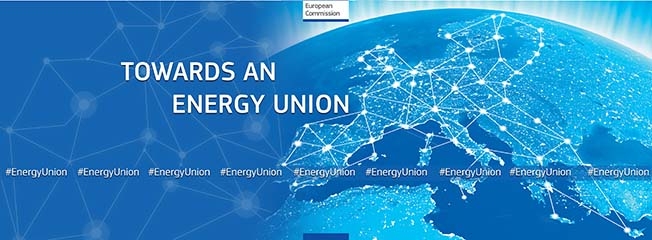NEON, the National Energy Ombudsmen Network, welcomes the Energy Union Strategy which aims at providing secure, sustainable, competitive, and affordable energy for every European citizen. This holistic approach puts consumers at the core of the energy market.
Consumer empowerment is a key word of the strategy, as they are expected to play an active role in the transition to a more sustainable and efficient energy consumption. Hence, the full implementation of the Third Energy Package is one of the priorities for the European Commission.
Nevertheless, as mentioned in its position paper on the European Commission’s Energy Union, NEON members strongly believe that stakeholders should share responsibility for consumers’ engagement in the energy market by tailoring of the Internal Energy Market for consumers, especially the most vulnerable ones. This should be done by developing a common framework to protect end consumers with minimum standards for prices and price comparison tools, sales, switches, moving, contractual terms, unified communications, information on real-time consumption with smart meters, easily understandable bills, and complaint procedures.
With the development of bundled services, smart technologies, self-generation, and cooperatives for renewable energy generation, etc., new challenges and threats will emerge for consumers. Stakeholders, among which suppliers, DSOs, regulators and policy makers, need to pay special attention and respond quickly to those new issues. It is the duty of Ombudsmen and independent ADR providers to anticipate those challenges, and manage complaints and dispute to come. Ombudsmen will continue to act as whistle-blowers and regulatory supports for policy makers. Systemic problems shall be foreseen and solutions proposed to improve the service provided to all citizens, all consumers, not just to those who are the most likely to turn to the ombudsman for help. Hence, in 2015, NEON will implement a working group on the “complaints of the future” to tackle those challenges

